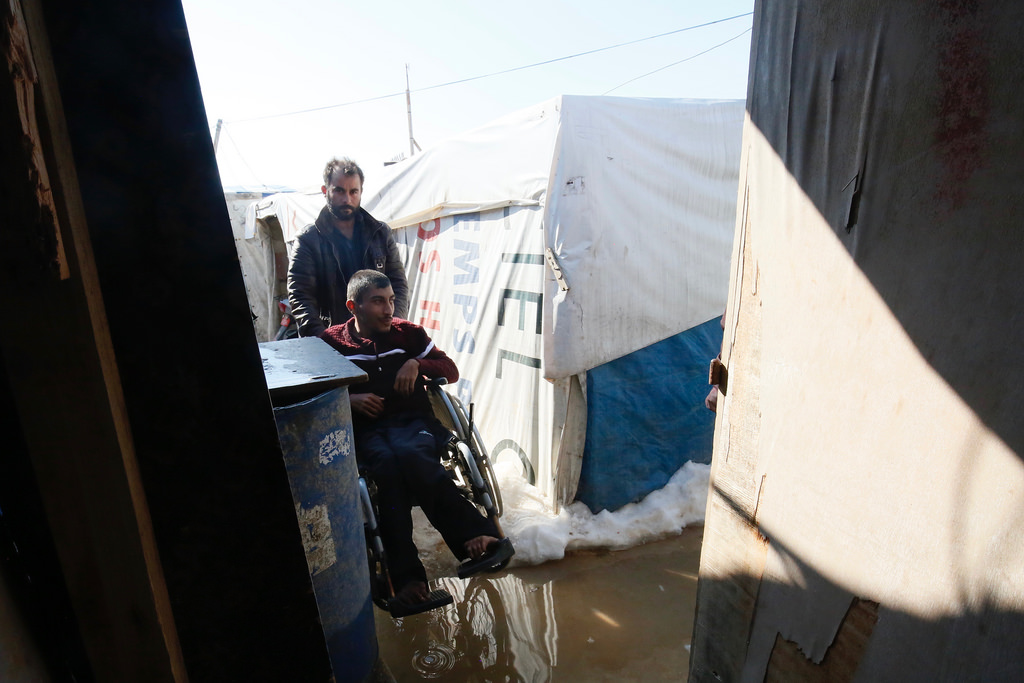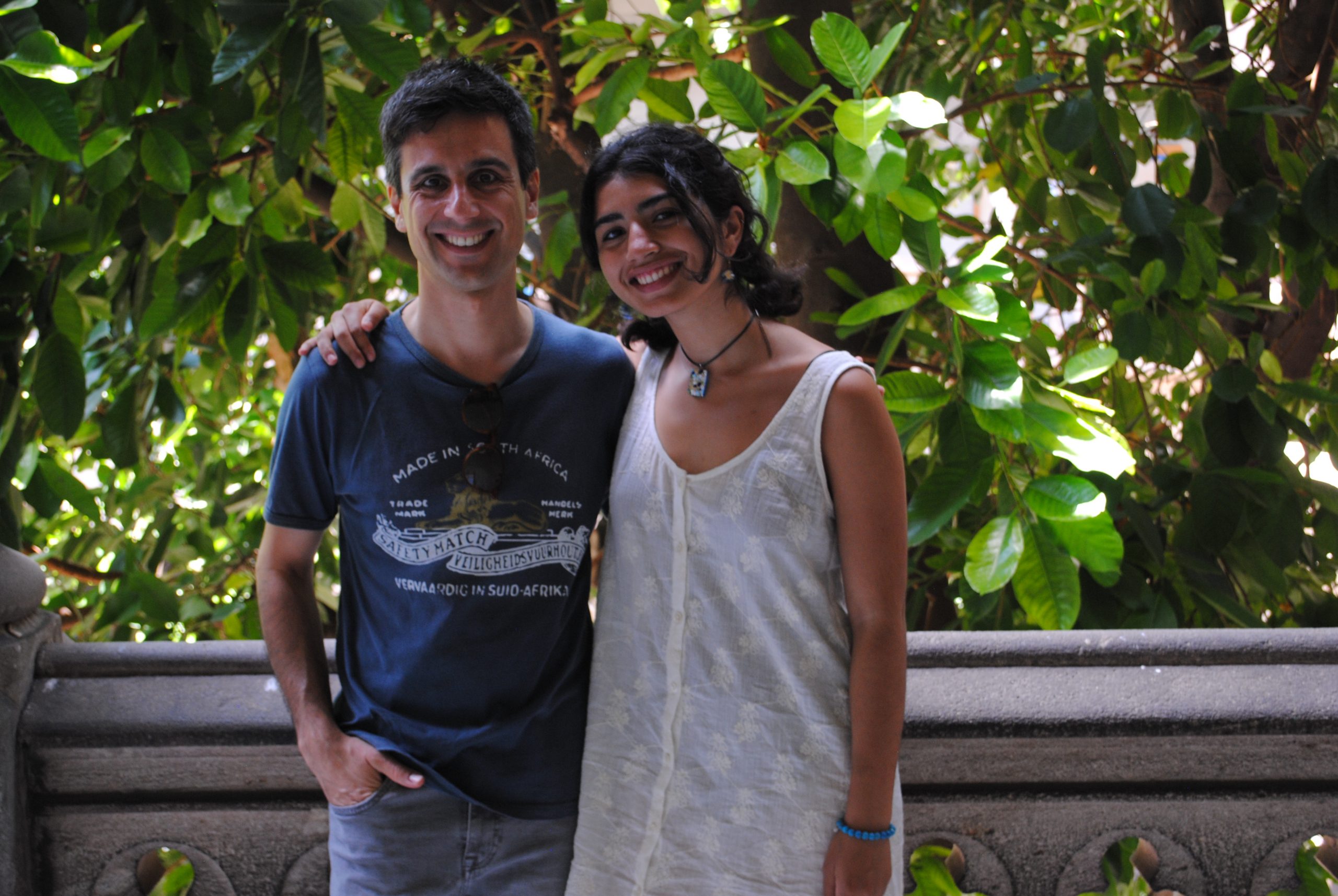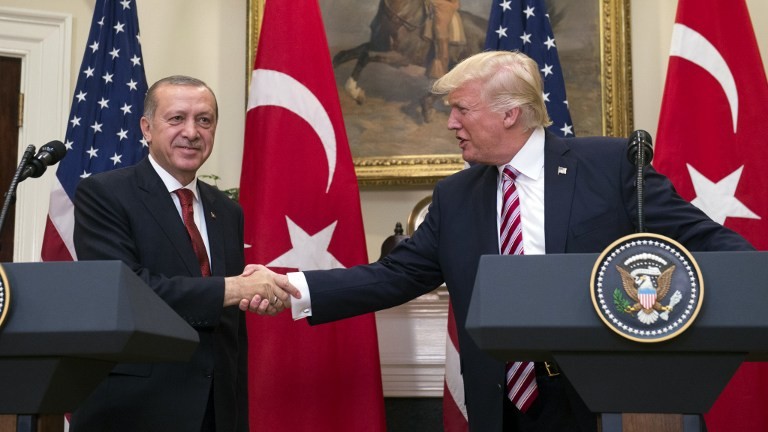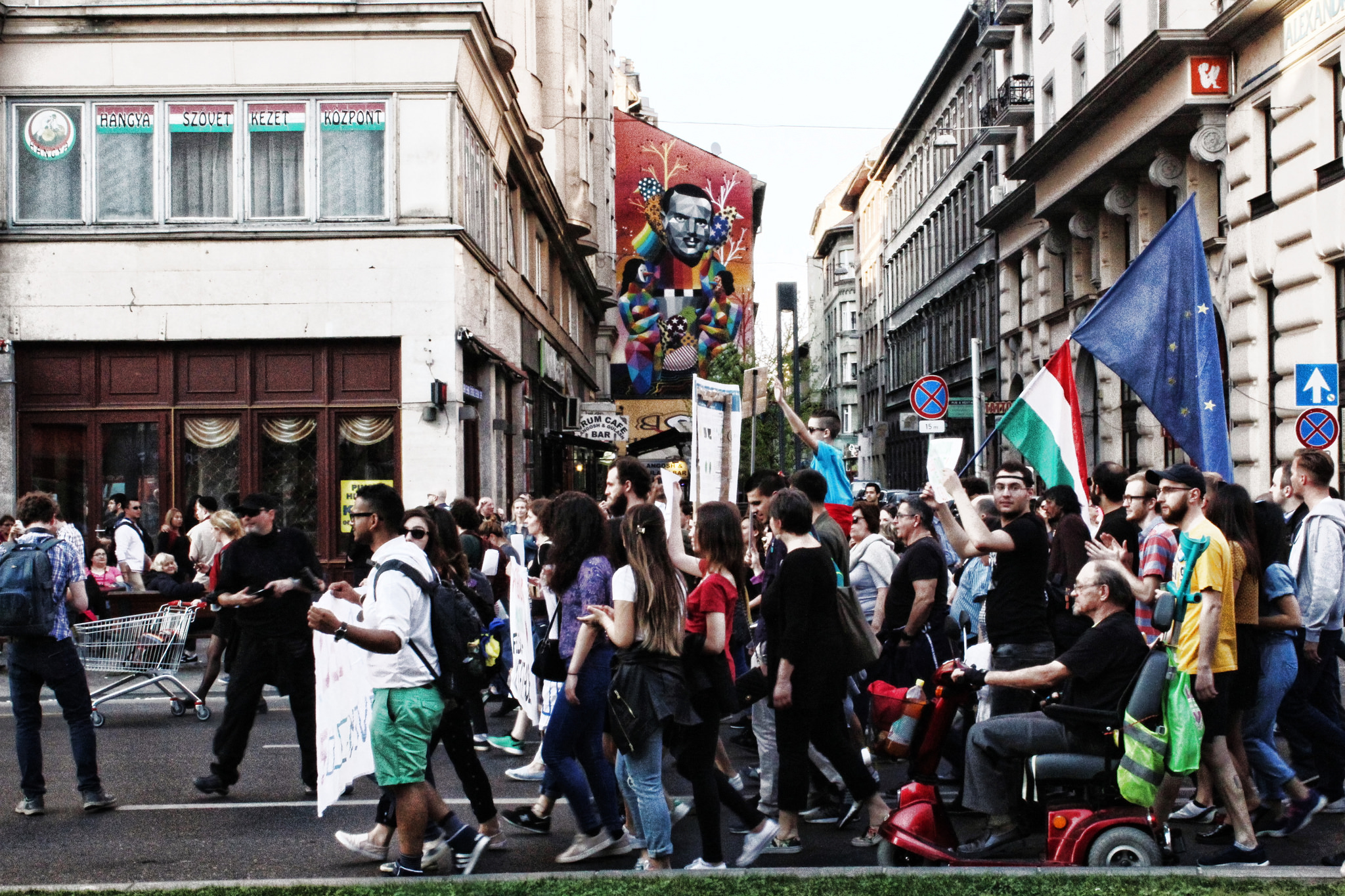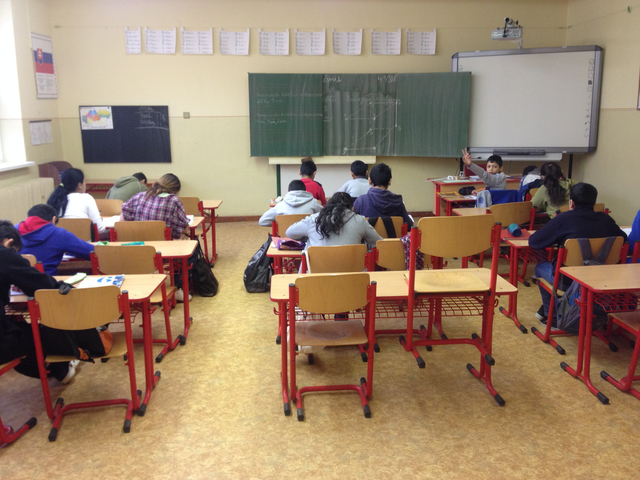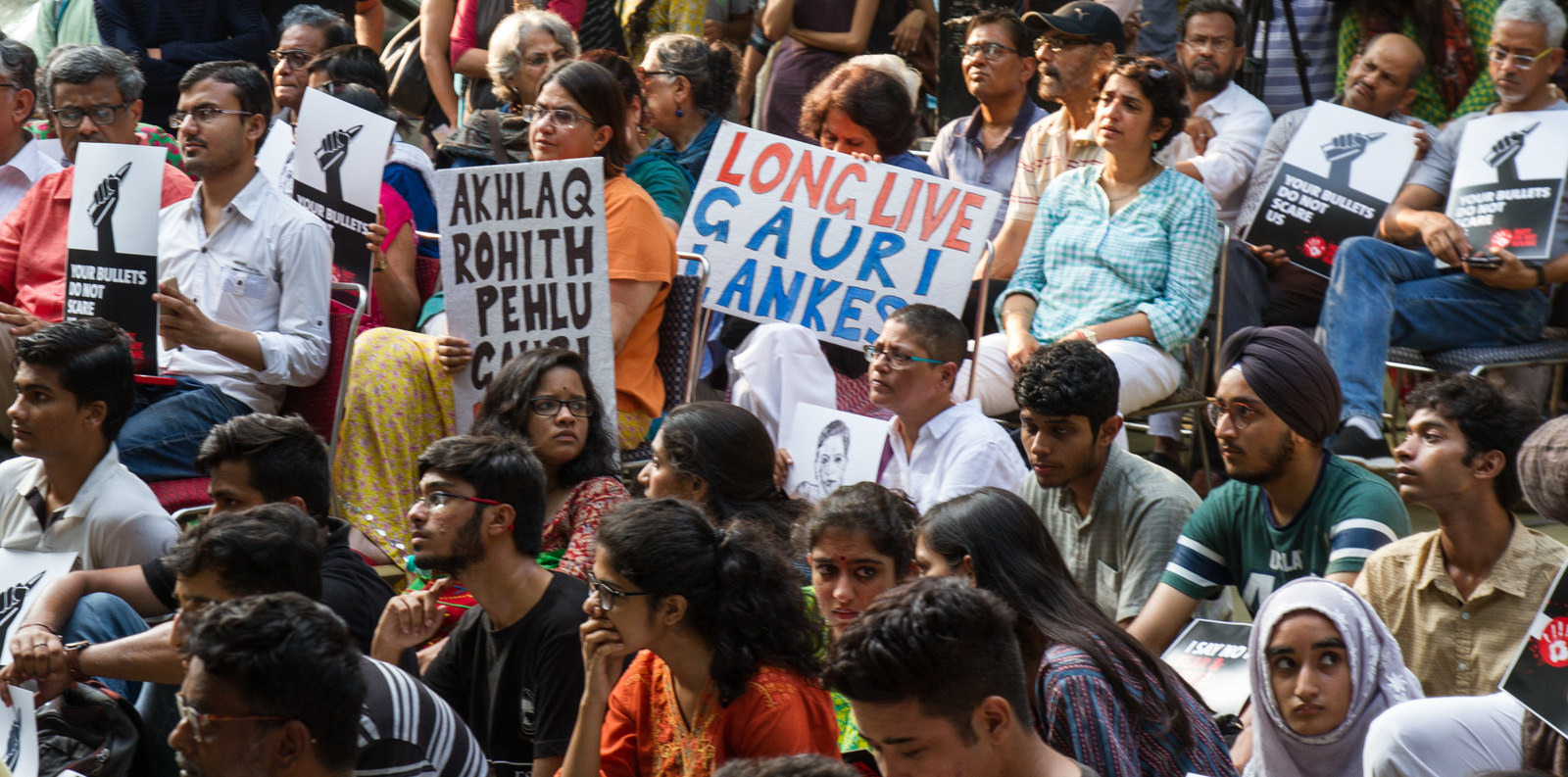
Lankesh and Free Speech: Gagged, Tortured and Shot
By Malcolm Katrak, a guest blogger and judicial clerk to Justice S.N. Variava
The Asian News International (ANI) tweeted on September 5th, “There has been a shootout at Gauri Lankesh’s house this evening; she is no more. Body found in the veranda.” Another tweet swiftly followed, “This is a cowardly act, she is just a writer & journalist, not a terrorist or a naxalite.”
Gauri Lankesh, a senior journalist from Karnataka, had been portrayed as a critic of Hindu right-wing extremism by journalists and news outlets around the country after she was shot dead in Karnataka, India. A total of seven bullets were fired, four missing the target and three hitting Lankesh. The Chief Minister of Karnataka termed the murder as brutal and further stated that this was an “assassination on democracy.”
Freedom of press and protection of free speech has long been debated in the halls of parliament and the corridors of the judiciary in India. Be it the First Amendment in...

